Path to Self Confidence with Amber Magazine
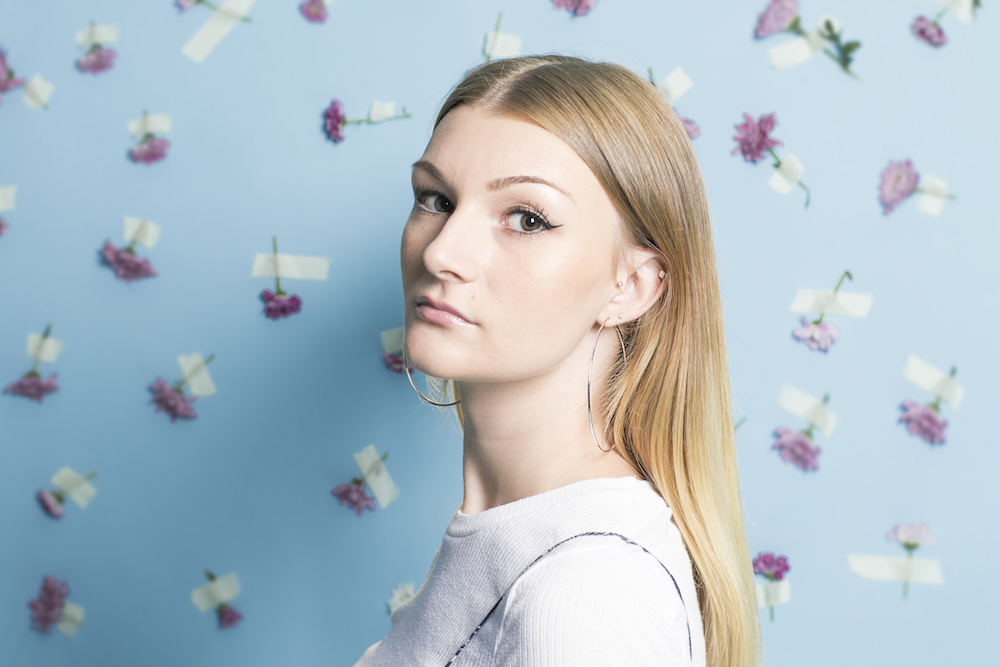
Self esteem and confidence is too often harmed by the unrealistic, and quite frankly tiresome, photoshopped and airbrushed images that pervade the media and fashion publications. Amber Magazine triumphs positive and diverse representations of women to grow self-love. The magazine was started in 2017 by Amber Schormans to challenge the idea of ‘perfection’ which so often leads to feelings of low self-esteem, lack of confidence and thinking we just aren’t good enough. Amber describes her bi-annual publication as a movement against this. She has open conversations about mental health, self-love and acceptance. We had the pleasure of asking her how she deals with feelings of low self-esteem, how she set up her magazine and the hurdles she overcame as a female founder.
You can pick up a copy of the magazine in multiple places in the UK, and in the popular Berlin book and magazine store ‘Do You Read Me?!’ as well as on the Amber Magazine website.
innovative, positive and diverse representations of women
What inspired you to create your own magazine and how did you start?
It originally started during my photography degree when I was experimenting with creating my own magazine covers. This slowly then developed into a full magazine by the end of my third year. At first, I didn’t think it would be possible at all, I guess I ended up surprising myself!
From the beginning, it was about challenging the conventional ideas of perfection. Women are constantly told we should focus on changing themselves.
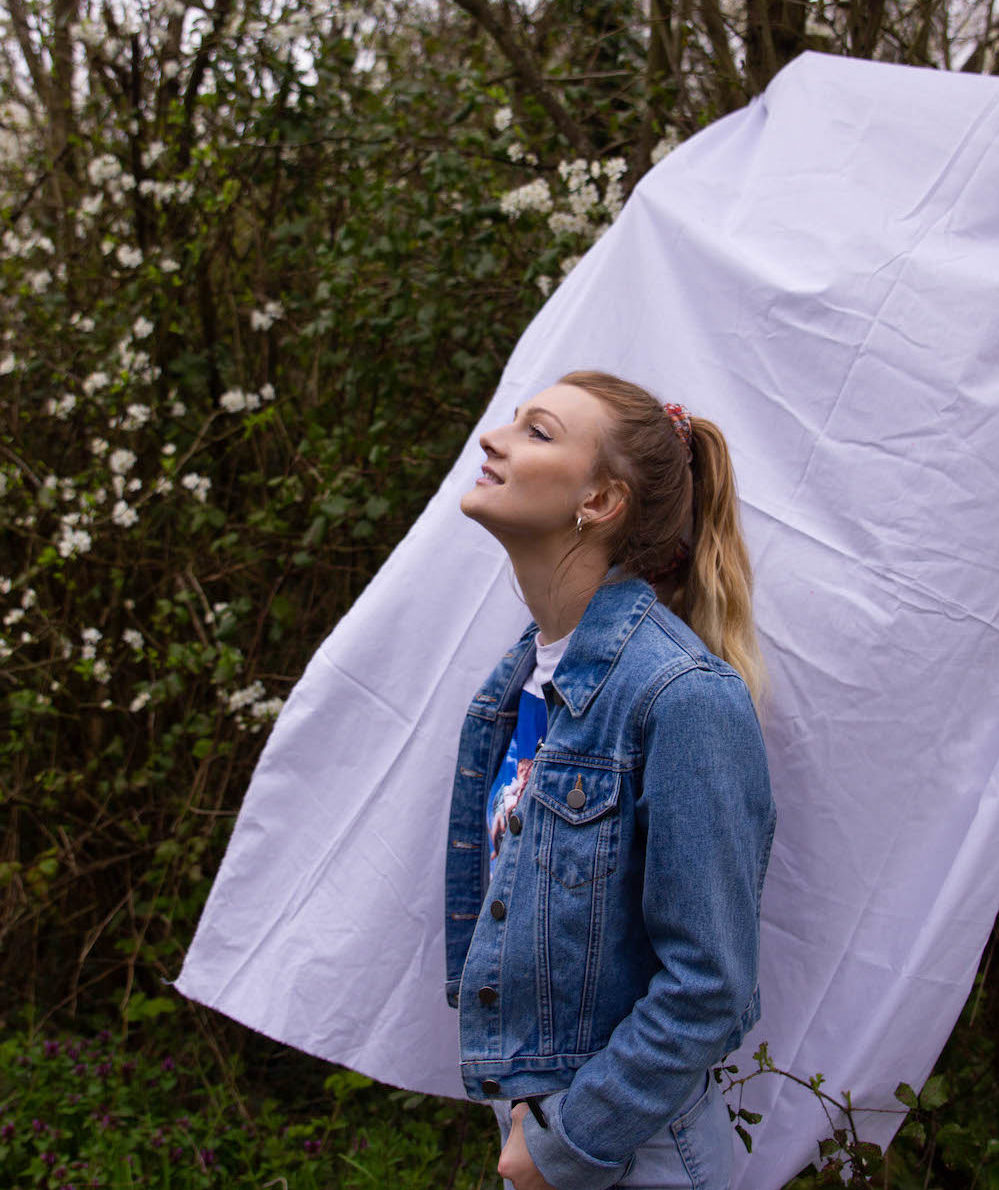
A big part of your magazine is combatting issues of negative female representation. Seeing images of ‘perfection’ in the media often causes low self-esteem and a lack of confidence. Can you tell us about your experience with lacking confidence?
In terms of appearance, I (along with every woman I know) have had periods of low self-confidence in my physical appearance. Being a slim white woman, my general appearance is represented everywhere. However, I still never saw things like stretch marks, cellulite or spots.
As a teenager, I was always trying to ‘fix’ or hide these things. Since creating the magazine my confidence has skyrocketed! I make a point of focusing what I see (within my control) to a wide range of real, realistic people. Even just seeing this on a daily basis has really changed my view of what beauty is. The fact we are sold ‘perfection’ as a goal is just garbage. Nature does not and never has recognised ever-changing unrealistic beauty standards.
Many women often suffer from low self-esteem in their jobs, or feel they are not good enough to start a business. When you started your magazine did you feel unsure about your ability to succeed? How did you overcome self-doubt?
When my tutor at university originally suggested I make a full magazine I thought it was a little crazy. But I decided I wanted to give it a go and I worked my butt off to achieve it! After graduating I was in a bit of a low place, as many graduates are after leaving their friends and the security blanket of university for the battlefield of creative industries. Due to my anxiety, I went back to a retail job I felt comfortable with. This gave me time to work on the magazine.
Despite my self-doubt, I kept on going with it for the sake of my own mental health, and for the others’ I knew it might help. I focused on creating a positive and realistic space for people who need it, and overcame my self-doubt as a result. It is totally natural to experience self-doubt, and I still do, but I try and focus on the positivity in the brand and how it’s making a change for the better. That motivates me to overcome my negative thoughts.
In making the magazine what was the biggest hurdle you had to overcome?
This is quite a hard question for me. I think there have been lots of little hurdles that come with starting from scratch and creating something unconventional. I think the hardest thing is managing multiple roles by myself. Usually, a magazine or company has an array of team members for graphic design, image sourcing, photography, social media management, customer service, finance etc. but it’s all just me!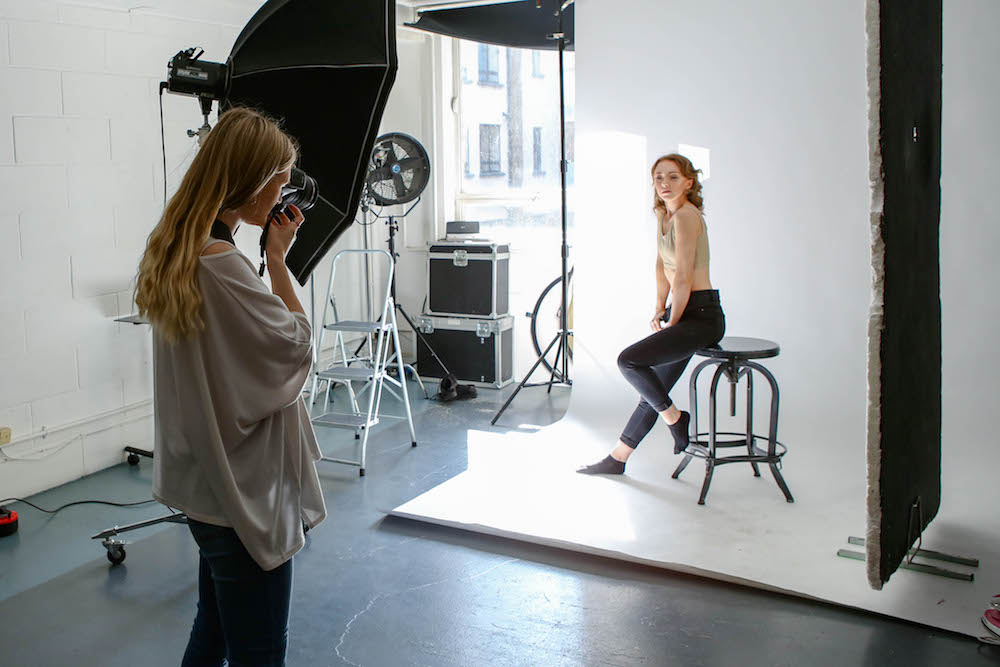
Have you faced any hurdles particularly pertaining to being a female entrepreneur? If so, how did you overcome them and what did you take away from the experience/s?
I have been lucky enough not to experience many difficulties in being female in terms of creating the magazine. Society tends to label assertive women as bossy. However, I think because the brand is so focussed on women and female empowerment, I have always felt understood. There are so many women in similar positions to me who have been supportive and who just get it! I’d say 95% of submissions are from women as well, so it’s a very supportive and collaborative community of women who feel the same.
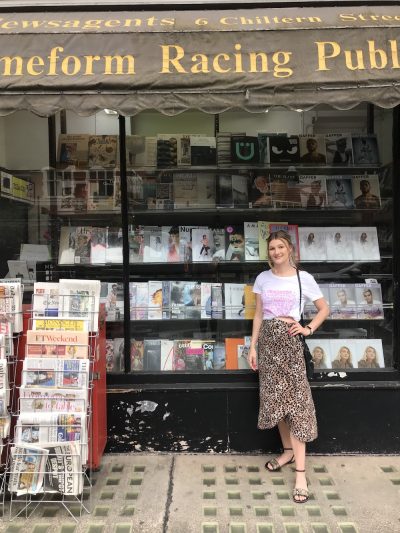
Is Amber Mag your main hustle?
Currently, no! I hope to eventually focus on it full time and produce quarterly issues rather than bi-annual issues. But right now, it’s not an option for financial reasons. I work full time in an advertising agency (we mainly work with cars, so don’t worry there’s no altering of women’s bodies there!). I run Amber Magazine in my free time whenever I have the time.
What are your tips, other than reading your gorgeous magazine, for gaining self-confidence in your personal life and in the workplace?
My number one tip is either limit the time you spend on social media or curate it into a space of diversity and safety. If looking at the Kardashians photo-shopped waists makes you feel bad about yourself, unfollow them! Unfollow any and every account that doesn’t bring you some form of positivity or growth.
Seeing all kinds of women for me who talk about body confidence and break the convention of highlight reels has completely changed how I view social media.
Where possible surround yourself with people who will support you just as much as you would them. If Susan in the work kitchen says she doesn’t like your new hair cut or always doubts your ideas, talk to someone who you know will support you! There will always be people in life who don’t agree with you or have a different perception- which is fine. Just don’t base any of your self-validation on them, the most important thing is what you think and feel.
To find out more about Amber Magazine, to read the online publication or order a print version click here.
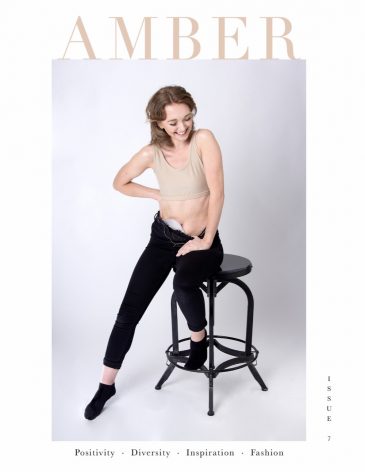
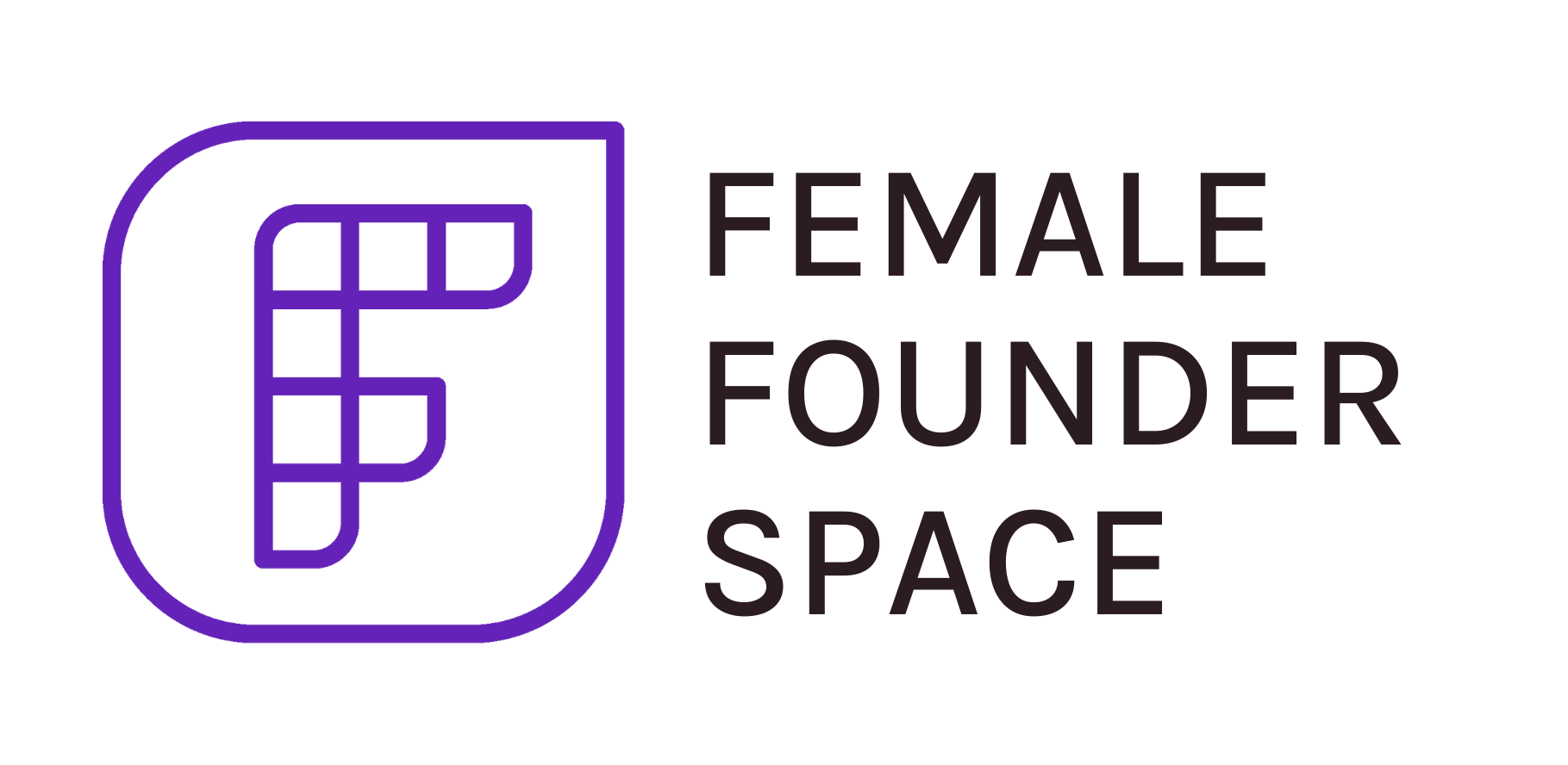
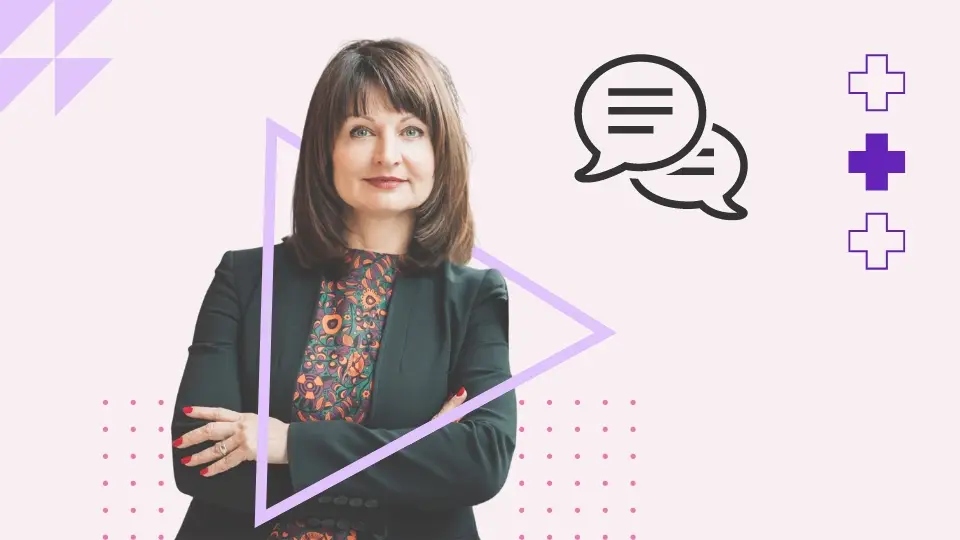
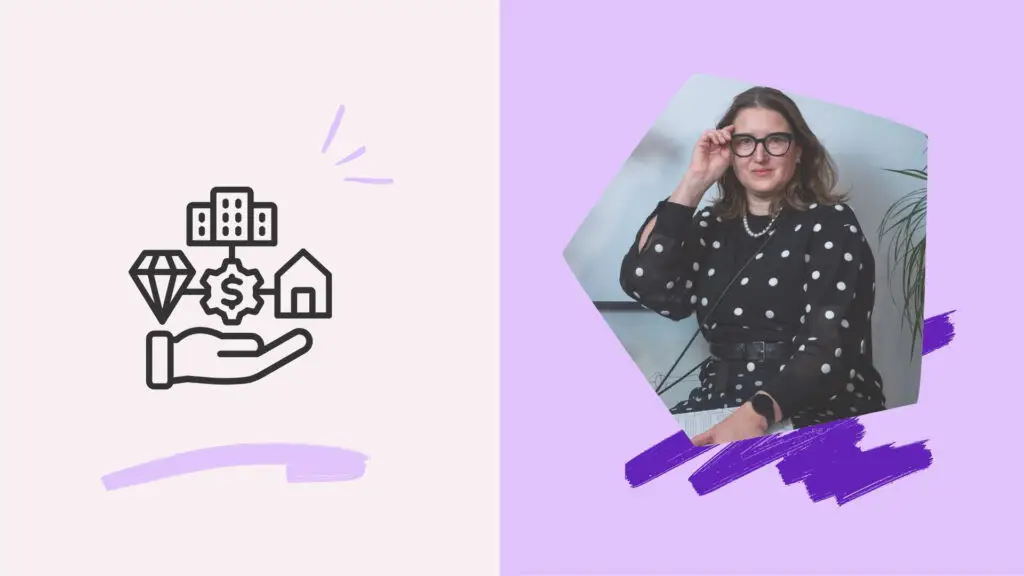
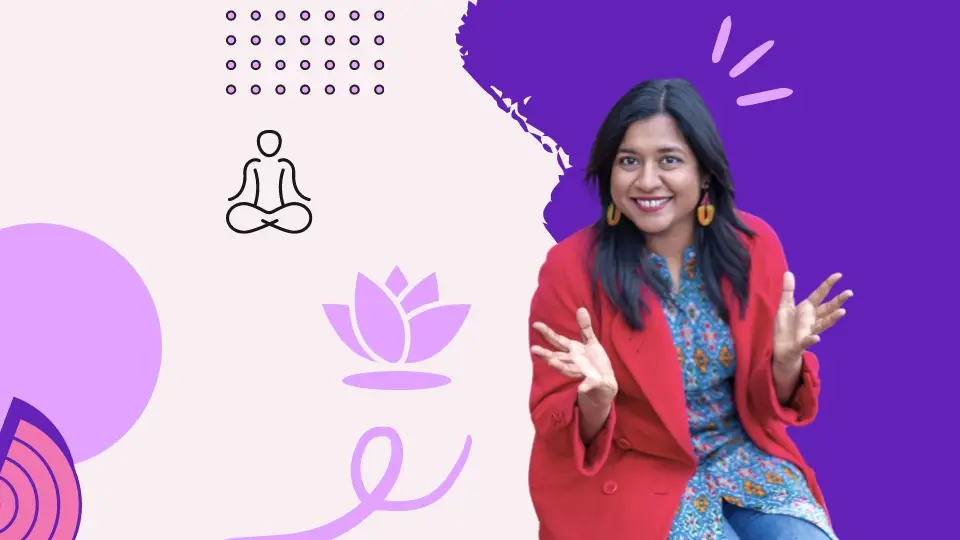
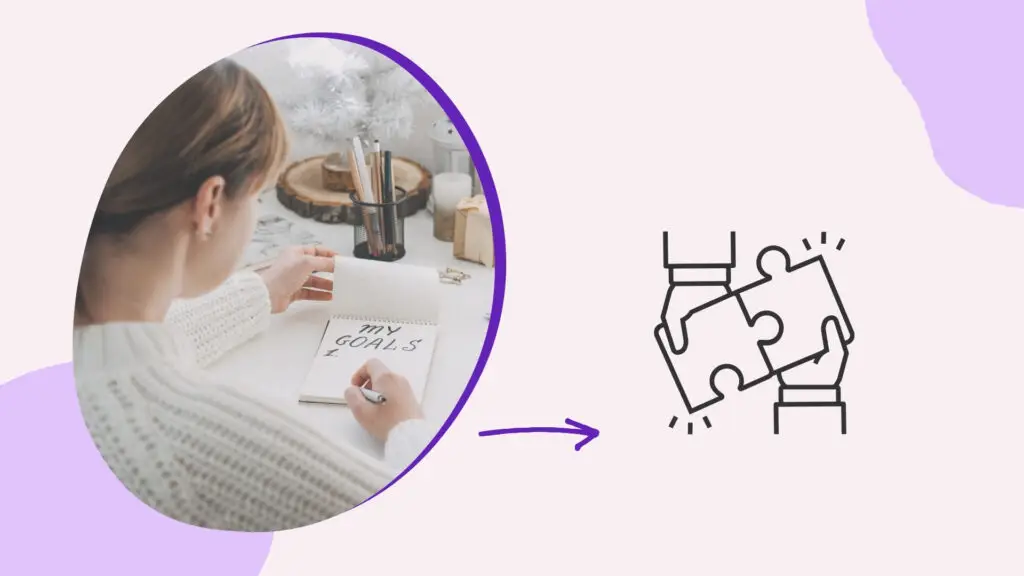
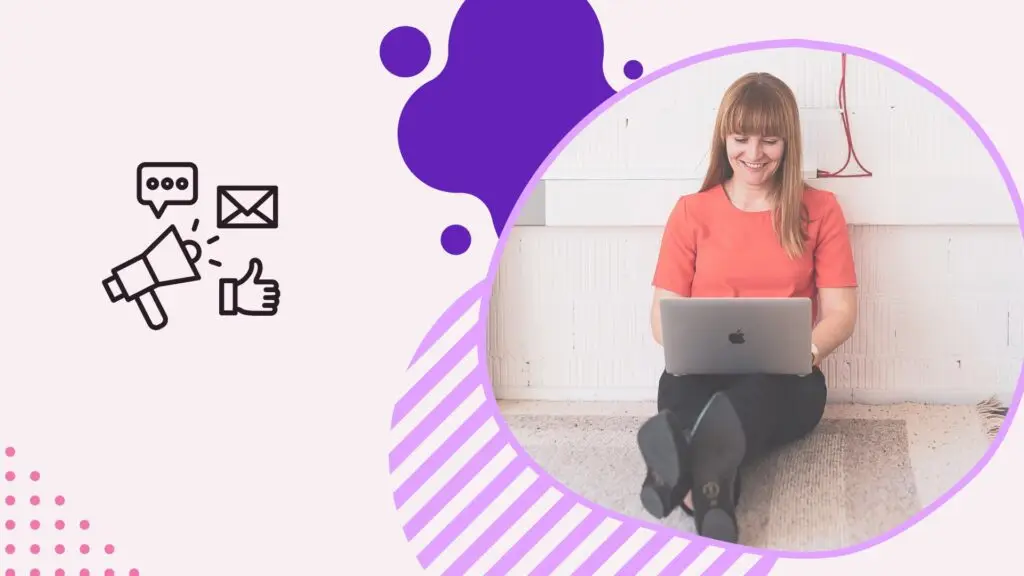
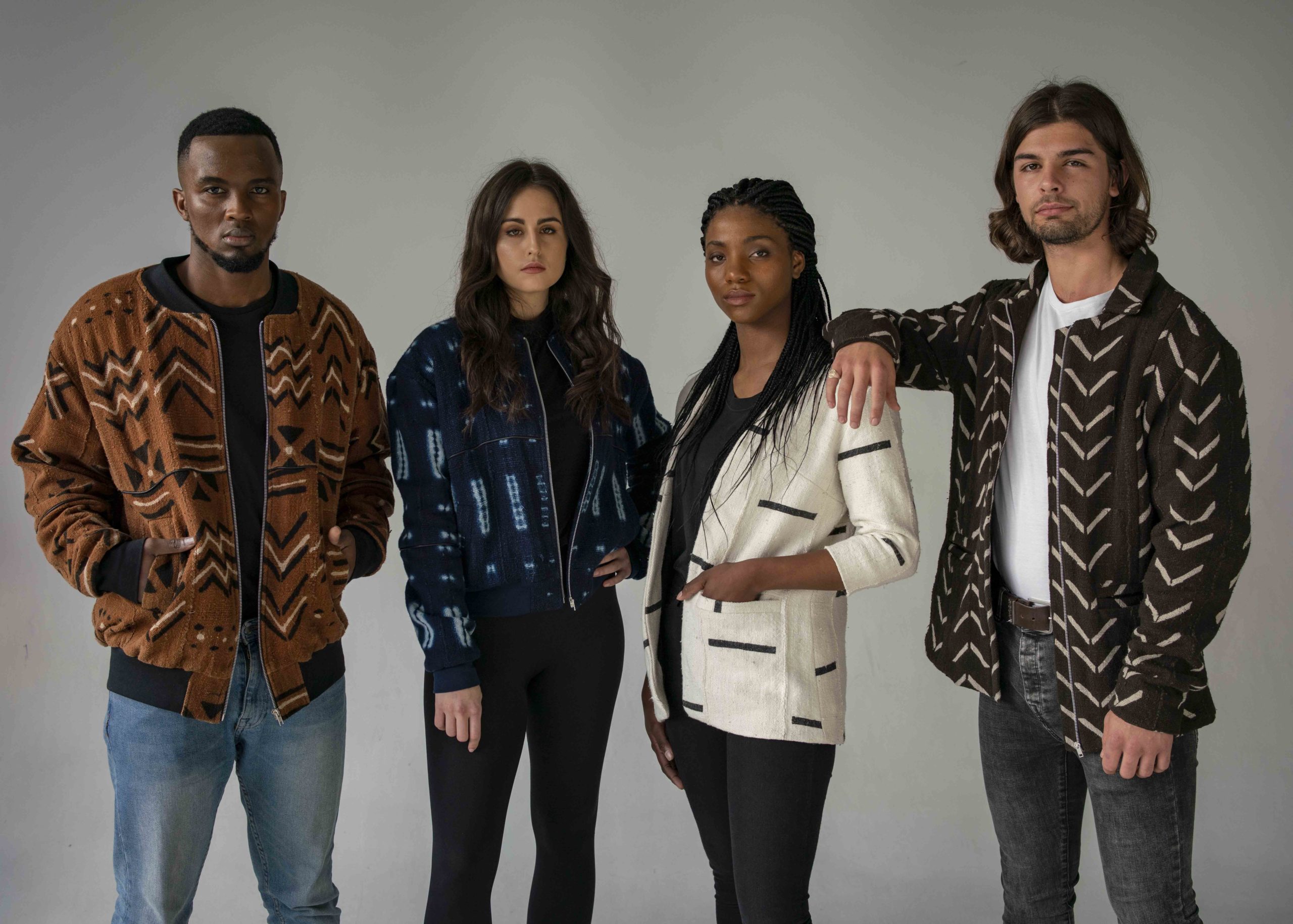

Responses